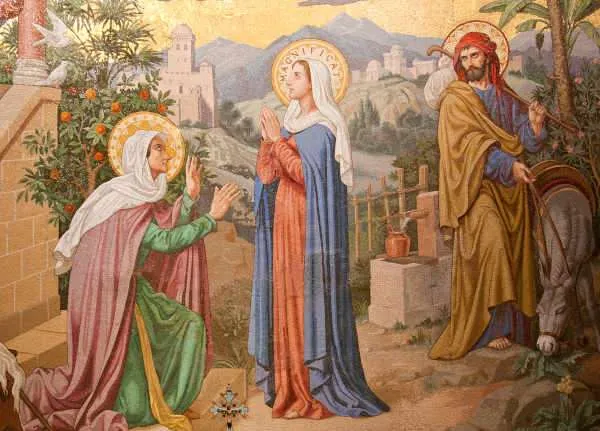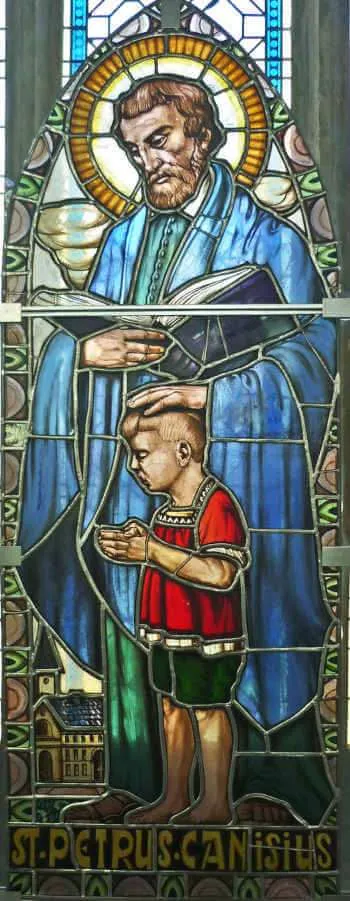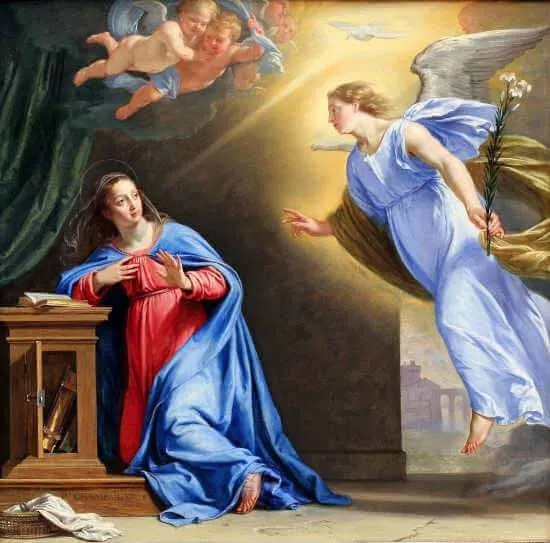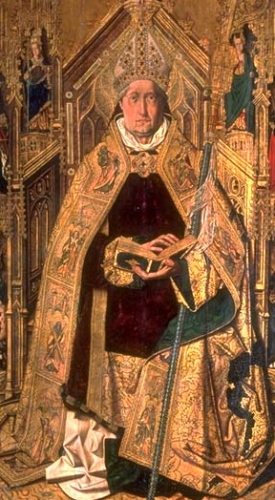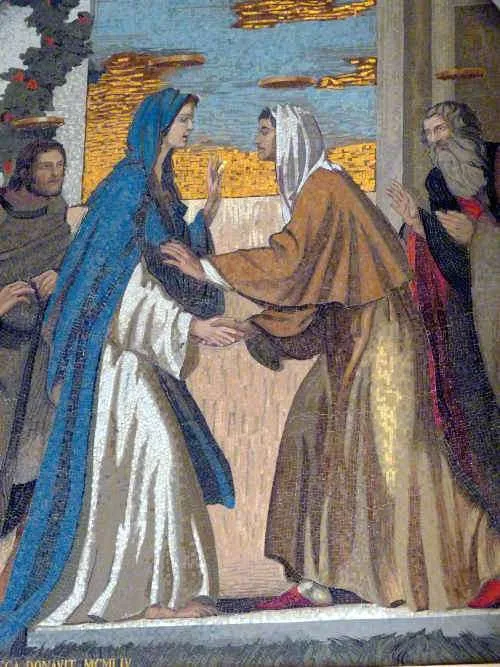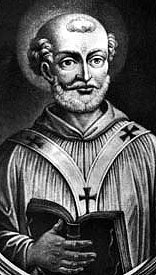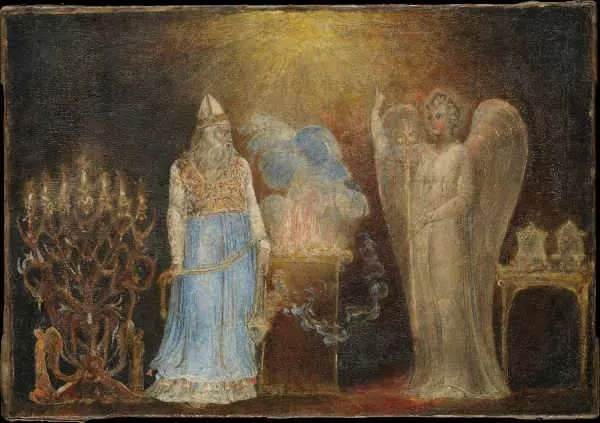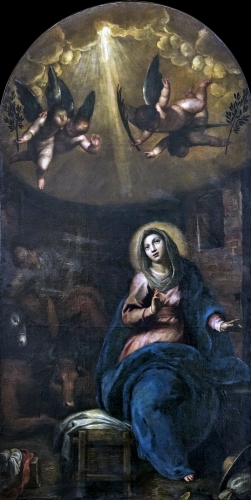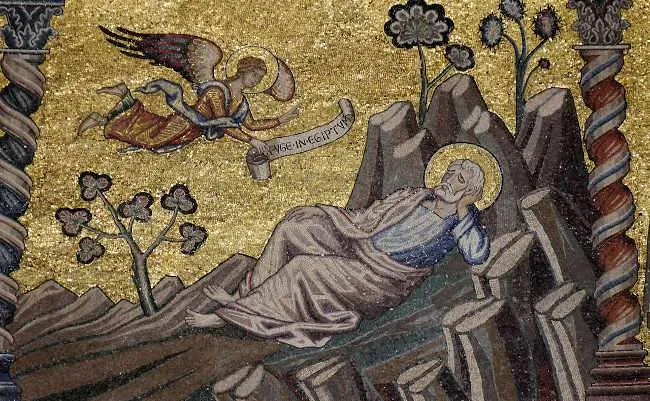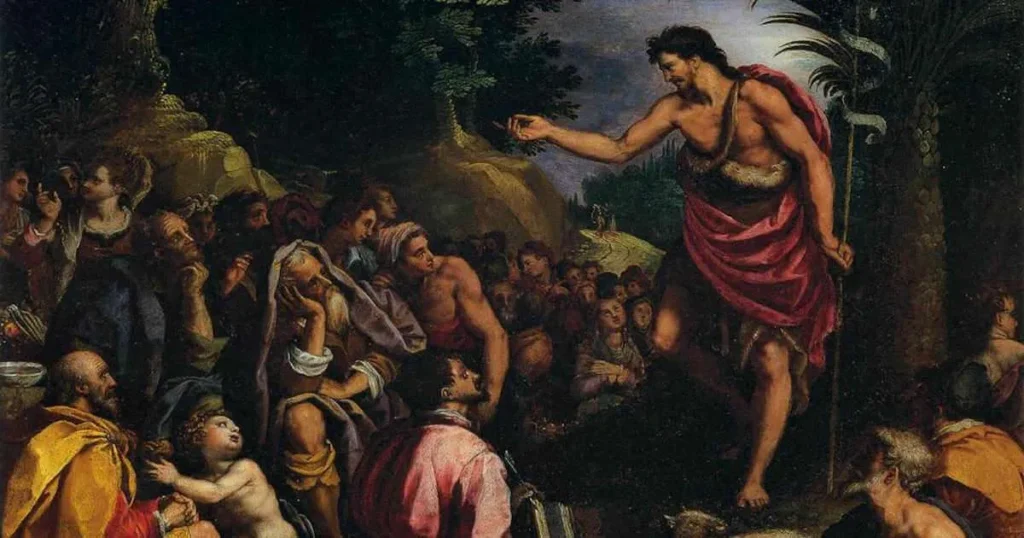Luke 1:46-47
Proclaim and Rejoice!
“My soul proclaims the greatness of the Lord; my spirit rejoices in God my savior.”
Reflection:
There is an age-old question that asks, “Which came first, the chicken or the egg?” Well, perhaps it’s an age-old “question” because only God knows the answer to how He created the world and all the creatures within it.
Today, this first line from the glorious song of praise of our Blessed Mother, the Magnificat, poses to us another question. “Which comes first, to praise God or to rejoice in Him?” Perhaps you’ve never asked yourself that question, but it’s worth pondering both the question and the answer.
This first line of Mary’s song of praise identifies two actions taking place within her. She “proclaims” and she “rejoices.” Think about those two interior experiences. The question can be better phrased like this: Did Mary proclaim God’s greatness because she was first filled with joy? Or was she filled with joy because she first proclaimed the greatness of God? Perhaps the answer is a bit of both, but the ordering of this line in Sacred Scripture implies that she first proclaimed and as a result was filled with joy.
This is not just a philosophical or theoretical reflection; rather, it is a very practical one that offers significant insight into our daily lives. Oftentimes in life we wait to be “inspired” by God before we thank and praise Him. We wait until God touches us, fills us with a joyful experience, answers our prayer and then we respond with gratitude. This is good. But why wait? Why wait to proclaim the greatness of God?
Should we proclaim the greatness of God when things are difficult in life? Yes. Should we proclaim the greatness of God when we do not feel His presence in our lives? Yes. Should we proclaim the greatness of God even when we encounter the heaviest of crosses in life? Most certainly yes.
Proclaiming the greatness of God should not only be done after some powerful inspiration or answer to prayer. It should not only be done after we experience the closeness of God. Proclaiming God’s greatness is a duty of love and must always be done, every day, in every circumstance, no matter what. We proclaim God’s greatness primarily because of Who He is. He is God. And He is worthy of all our praise for that fact alone.
Interestingly, however, the choice to proclaim the greatness of God, both in good times and in difficult times, often also leads to the experience of joy. It appears that Mary’s spirit rejoiced in God her Savior primarily because she first proclaimed His greatness. Joy comes from first serving God, loving Him and giving Him the honor due His name.
Reflect, today, upon this twofold process of proclaiming and rejoicing. Proclaiming must always come first, even if we feel as though there is nothing to rejoice about. But if you can commit yourself to the proclamation of the greatness of God, you will suddenly find that you have discovered the deepest cause of joy in life: God Himself.
Source: https://catholic-daily-reflections.com/2023/12/21/proclaim-and-rejoice-3/


